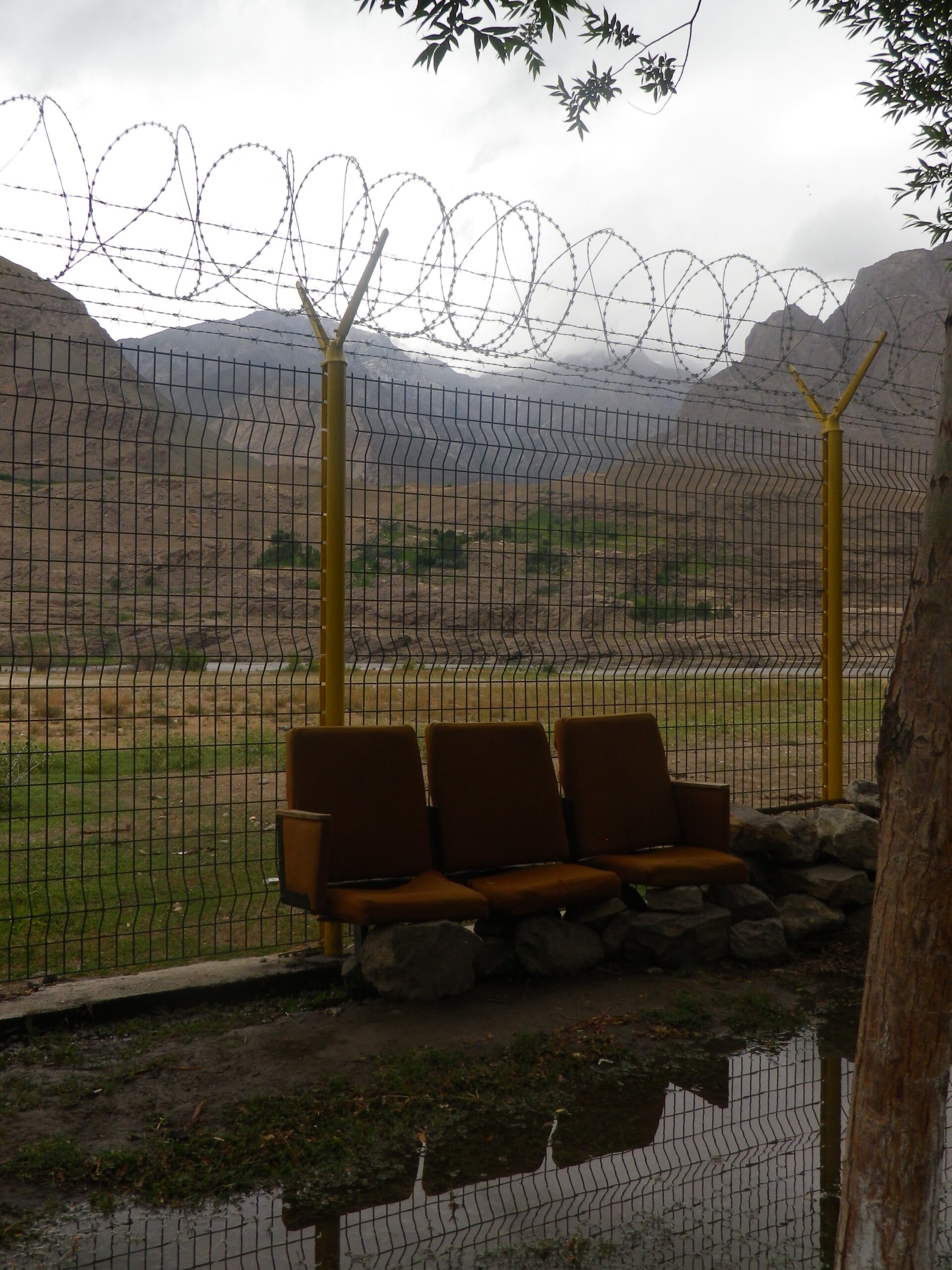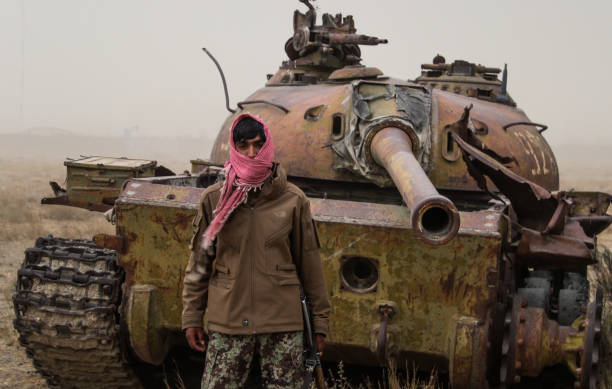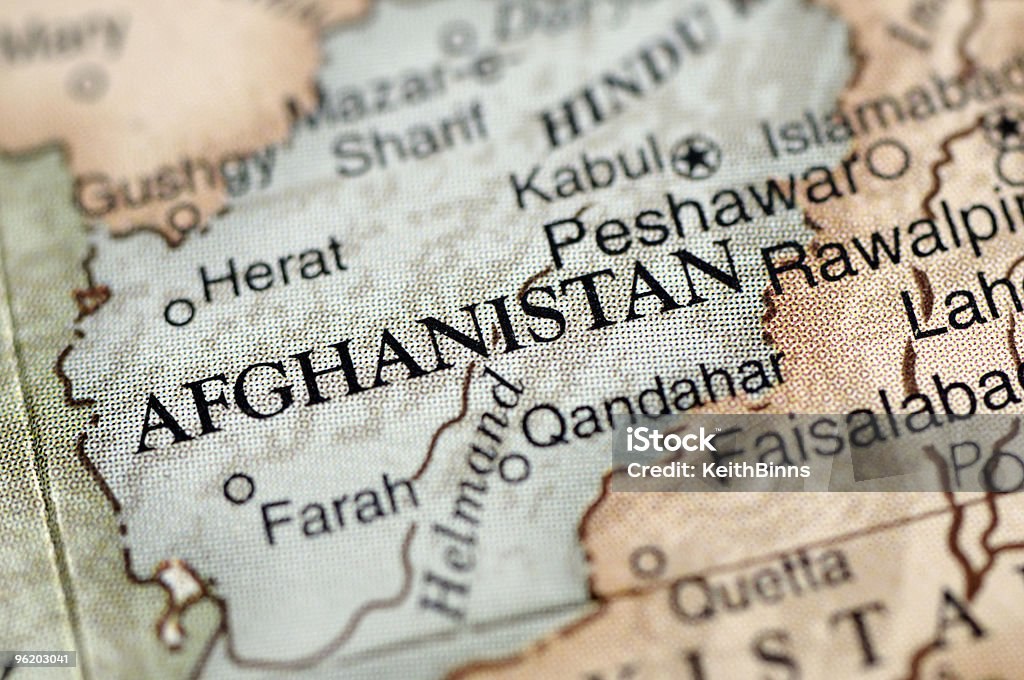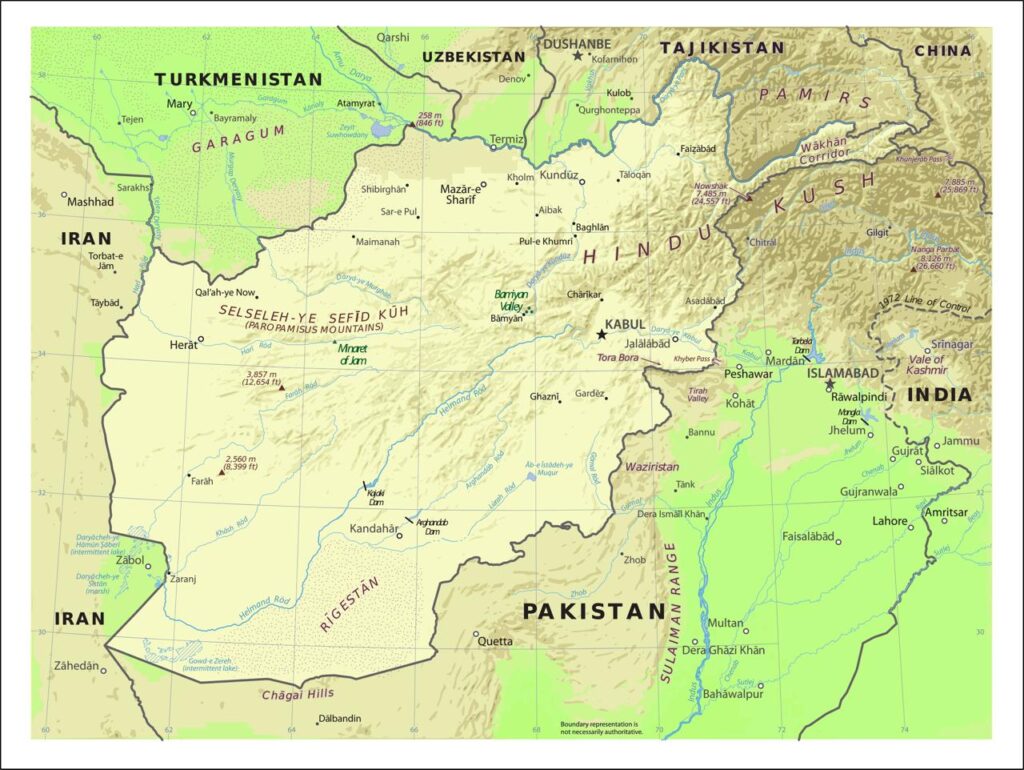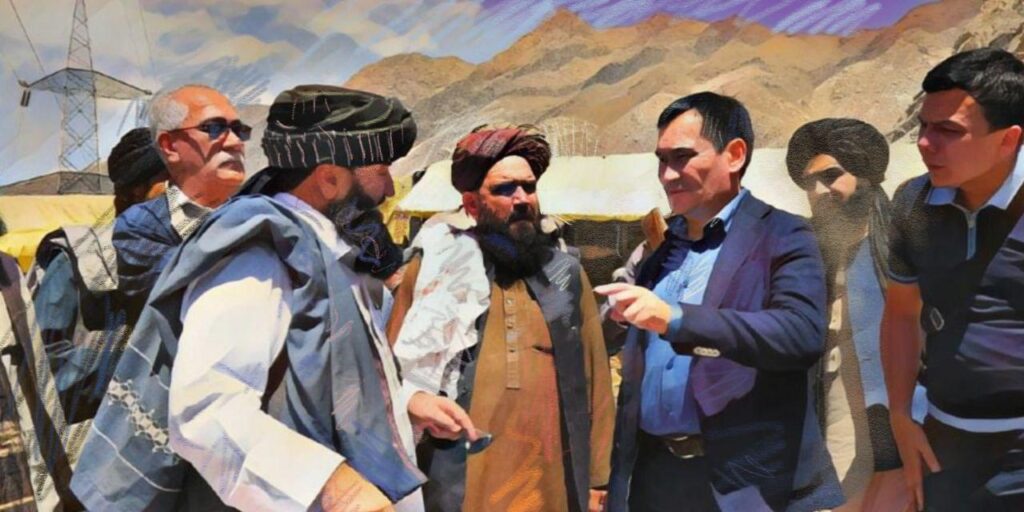Tajikistan is in an increasingly precarious position due to the resurgent Taliban regime in neighboring Afghanistan. Unlike its regional counterparts, Tajikistan stands firm in its refusal to engage with the Taliban, highlighting its unique stance in the geopolitical landscape.
The Taliban’s swift takeover of Afghanistan has raised alarm bells in Tajikistan, with the government intensifying its criticism of the extremist group. The increasing complexity of threats posed by the Taliban and cross-border attacks by Islamic State affiliates have left leaders grappling for security solutions.
There has been an uneasy truce along the Afghanistan’s border with its Central Asian neighbors in the months after the Taliban seized control. However, the emergence of a new Taliban-affiliated group, Tehrik-e-Taliban Tajikistan, signals a heightened threat to Tajikistan’s national security.
This precarious situation is further complicated by the fact that Tajikistan’s land border with Afghanistan has been closed since the Taliban takeover in 2021. This has restricted travel and trade between the two nations, adding economic pressure to the already tense standoff.
In addition to the immediate threat that the Taliban poses, there are also fears about extremist groups using Afghanistan as a base for conducting terrorist activities. This has sparked terror fears in Central Asia, including in Tajikistan.
While the international community has adopted a wait-and-see approach towards the Taliban, Tajikistan has taken a sharply and openly critical stance. This could potentially isolate the nation further and put its democratic principles under strain.
It is clear that the threat Taliban poses to Tajikistan’s democracy continues to be multi-faceted and is escalating. Ever since the Taliban came to power in Afghanistan in 2021, Tajikistan has been under an increased threat of terrorist attacks. The question remains whether these incursions into Tajikistan were real or staged, but there exists a real threat to the nation’s security and democracy. The country’s refusal to engage with the Taliban, coupled with the emergence of new extremist groups and the potential for Afghanistan to become a hub for terrorism, continue to pose a significant challenge to Tajikistan’s democratic values and national security.
